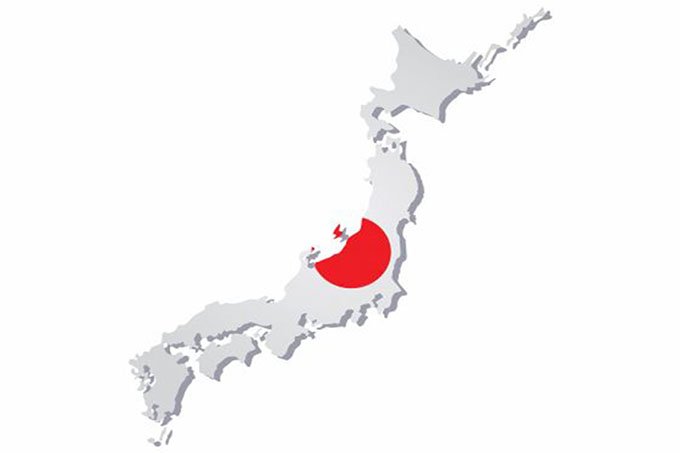 On its latest monetary policy statement, the Bank of Japan decided to leave the cash rates unchanged at -0.1 percent, by a 7-2 majority vote, as well as leaving the 10-year JGB yields at around zero percent. The bank also decided to continue with its easing policies, as they need inflation to remain close to its target which is currently set at 2 percent.
On its latest monetary policy statement, the Bank of Japan decided to leave the cash rates unchanged at -0.1 percent, by a 7-2 majority vote, as well as leaving the 10-year JGB yields at around zero percent. The bank also decided to continue with its easing policies, as they need inflation to remain close to its target which is currently set at 2 percent.
On its outlook for economic activity and prices, the bank signals a more positive perspective about the future of the Japanese economy due to an improving global situation, though they expect it to continue affecting the Japanese economic performance.
Japanese economic growth reached its lowest level in a year during the third quarter, gaining 0.1 percent (quarter-to-quarter) after growing 0.4 percent in the fourth quarter. Weaker exports and a dwindling local demand are the main reason behind the sluggish economic growth, as the global tensions have affected negatively the Japanese exports levels (the Japanese economy is heavily reliant on its exports) and natural disasters have affected the local demand.
The recently released Japanese export figures were also troubling, as they fell (year-on-year) by 6.3 percent, thus declining for the 13th consecutive month and creating a US 1.39 billion deficit. Exports to the United States contracted by 14.9 percent as shipments of cars and auto parts diminished, while Japan’s dispute with South Korea also brought its exports to that country down, falling by 12.9 percent. On the other hand, exports to China increased by 0.8 percent.
Inflation figures are also not very encouraging, as they hit a 7-month minimum in October, standing at 0.2 percent and remaining unchanged since September. Nevertheless, the bank claimed that inflation levels are likely to increase gradually towards its target despite the moderate increase in private consumption, which was heavily affected by October's sales tax hike.
The Japanese economy has more or less been suffering from stagnation and chronic low inflation since the beginning of the 90s after the Japanese stocks market crashed (the Japanese real state bubble burst) and its debt levels skyrocketed. An aging population and an ineffective monetary policy are also among the main causes, as well as a diminishing expenditure in favor of an increasing saving.
In 2013, the Japanese government launched a government program that is known as "Abenomics", named after the Japanese prime minister Shinzo Abe. The program consisted of implementing an aggressive monetary policy, boosting the government's spending and imposing reforms that would make the Japanese economy more competitive. However, despite aiding economic growth, Abenomics has proved to be inconsistent in terms of its results, since the economy has suffered five slowdowns in seven years.
High debts levels are currently the main challenge that the Japanese policymakers are facing, mostly aided by continuous tax hikes that needed to be implemented given the aging population. Labor shortages also remain a key problem that needs to be assessed.
Despite the data, the Yen has managed to gain this week against the US dollar, increasing around 0.6 percent since Monday's session. We must remember that the Japanese Yen is considered a safe-haven currency, which means that risk-averse investors tend to flight towards it when the market sentiment worsens. In this case, the corona-virus outbreak in China is the main cause behind the unease sensation in the market, which has helped the Yen to gain territory lately.
